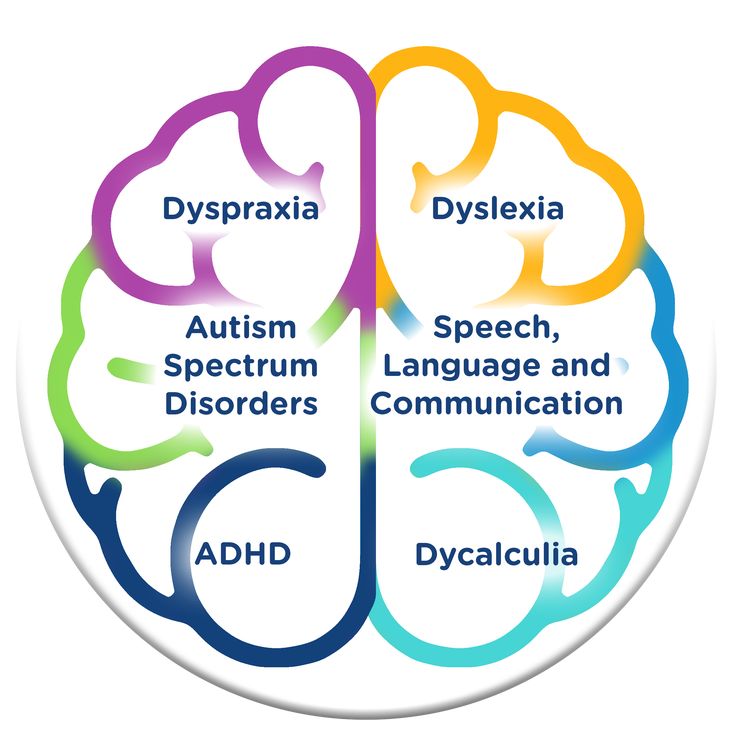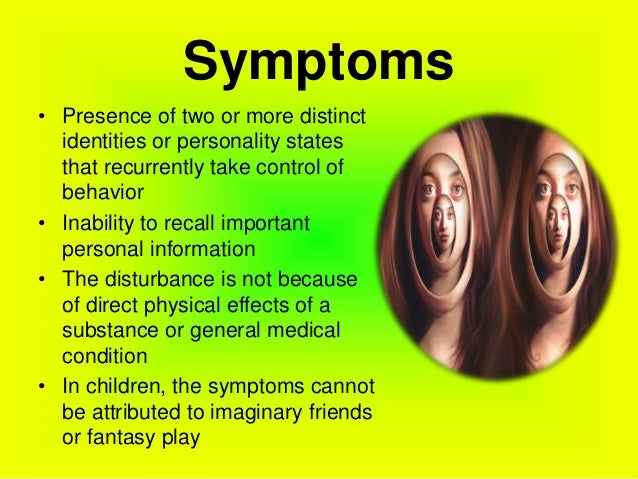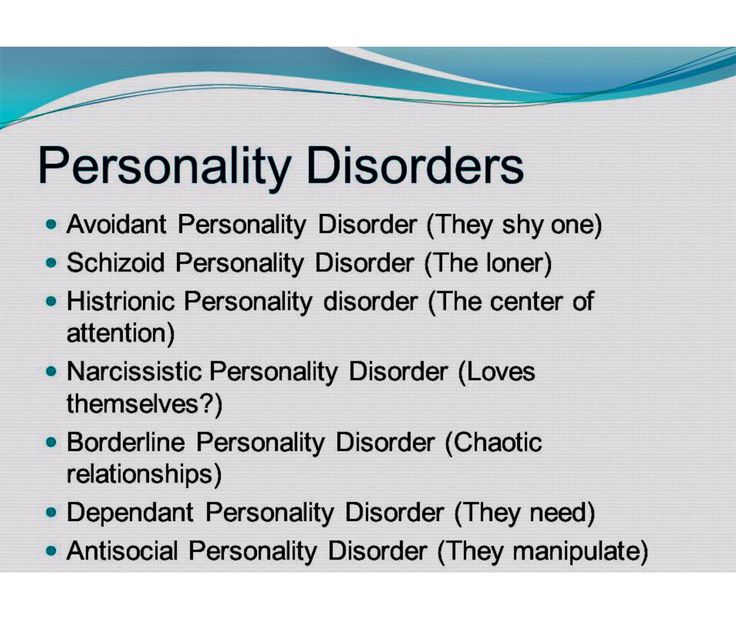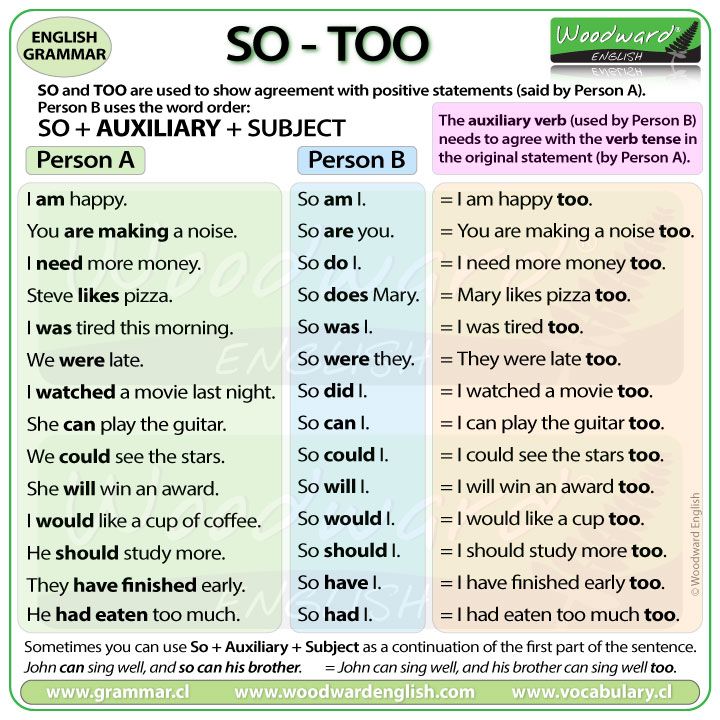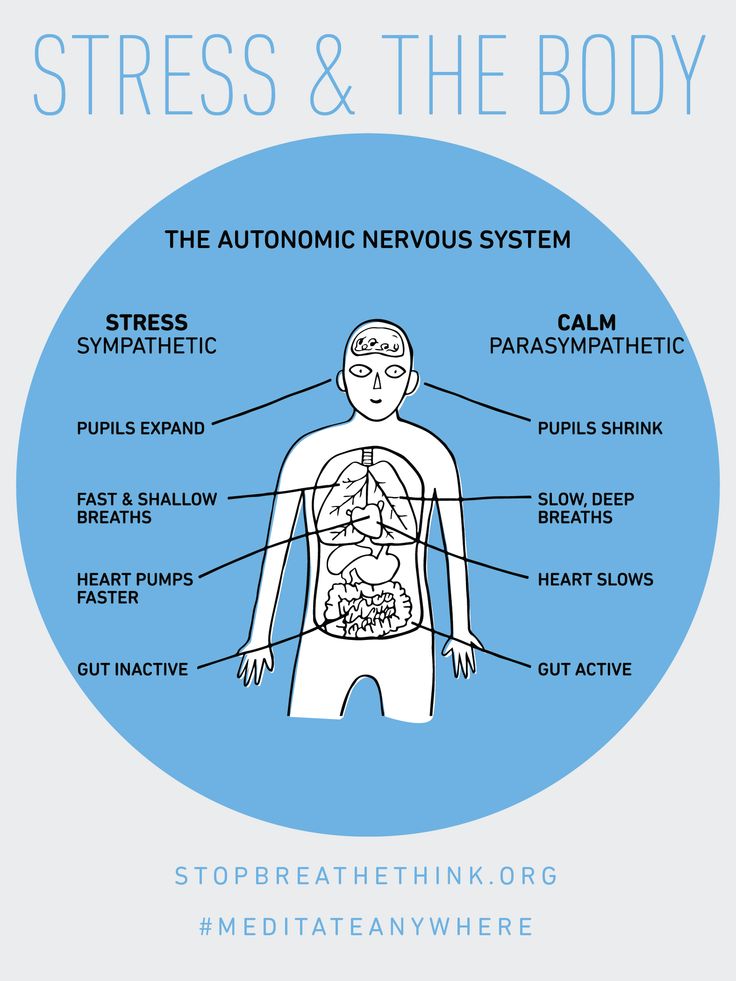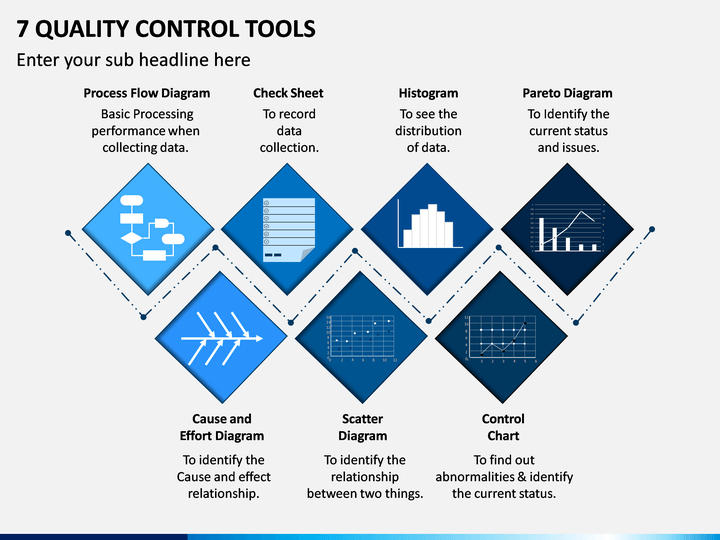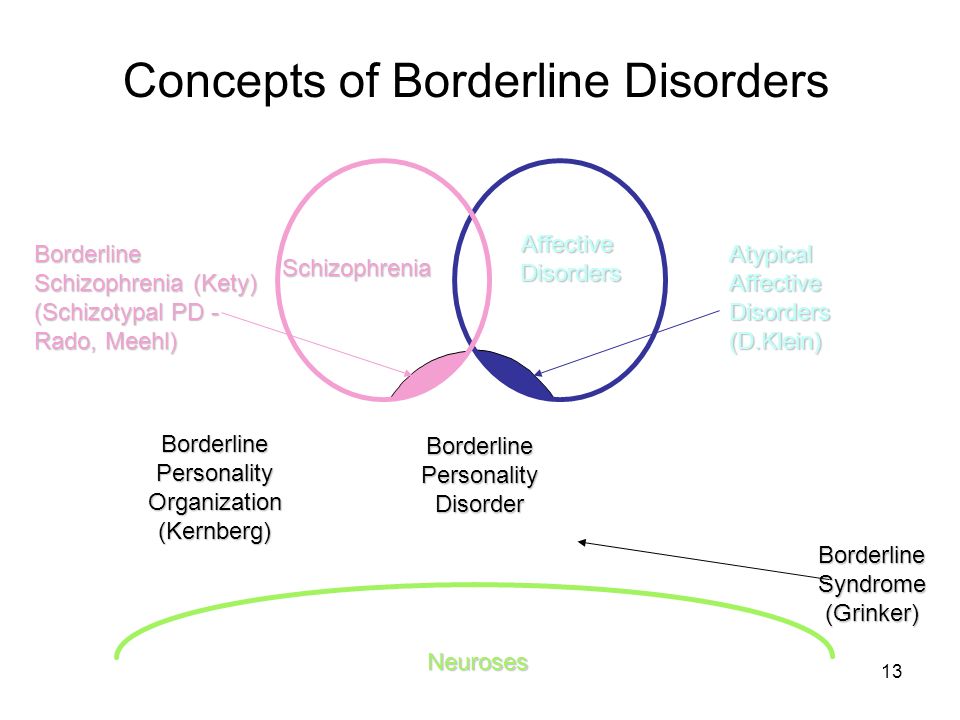Odd behaviour management
6 Ways to Help Students with ODD
Most children will, at times, argue and test limits. Yet some kids are defiant and hostile to a degree that interferes with their daily lives—behavior that’s sometimes diagnosed as Oppositional Defiant Disorder, or ODD, according to a story by WeAreTeachers.
“Students with ODD disrupt their own lives and often the lives of everyone nearby,” write the report’s authors. “[They] push the limits of defiance far beyond reason. Their problem behavior is much more extreme than that of their peers, and it happens much more often.”
According to the American Academy of Child & Adolescent Psychiatry, kids with ODD exhibit “an ongoing pattern of uncooperative, defiant, and hostile behavior toward authority figures that seriously interferes with the child’s day-to-day functioning,” for six months or more. Symptoms like frequent temper tantrums, excessive arguing with adults, and mean and hateful speech when upset, are usually seen across multiple settings, but especially at home or school.
While a direct cause remains unclear, “biological, psychological, and social factors may have a role,” the academy notes. Up to 16 percent of children may have the disorder, and children with ADHD are especially prone.
Though a teacher’s first reaction to ODD might be to react defensively, this can backfire and create a power struggle with the student, say experts. Instead, teachers who’ve worked with students with ODD recommend a set of strategies that will address challenging behavior, and help you start building relationships with hard-to-reach students.
“We all have the capacity to learn, change, and grow,” writes special education teacher Nina Parrish. “When given the right tools and environment, students with problematic behavior can learn more productive strategies that will help them have positive and effective interactions with others.”
1. Be Calm and Consistent: As a new teacher, Parrish says she quickly learned that reacting with anger when her students with ODD acted out made the behavior worse and students became “amused or encouraged by upsetting an adult. ” Instead, Parrish recommends trying to keep a positive tone to your voice, adopting neutral body language, and being “cautious about approaching the student or entering their personal space as this might escalate the situation.”
” Instead, Parrish recommends trying to keep a positive tone to your voice, adopting neutral body language, and being “cautious about approaching the student or entering their personal space as this might escalate the situation.”
Consistency with words and actions is also important when working with kids with ODD. Teacher Brandy T. tells WeAreTeachers she routinely uses the same set of “trigger words” so her students know she’s serious. When students in her class begin to argue with her, “I simply say either, ‘not now,’ ‘later,’ or ‘fix the issue.’” When her students hear ‘fix the issue,’ for example, she says that’s the signal to “go to their chill-out space if they need to calm down.”
2. Reinforce Positive Behavior: For all kids, but especially children with ODD, it’s important to “switch your focus from recognizing negative behavior to seeking out demonstrations of positive behavior,” writes Parrish. She sends home positive notes when students show behavior improvements, even if they’re small gains.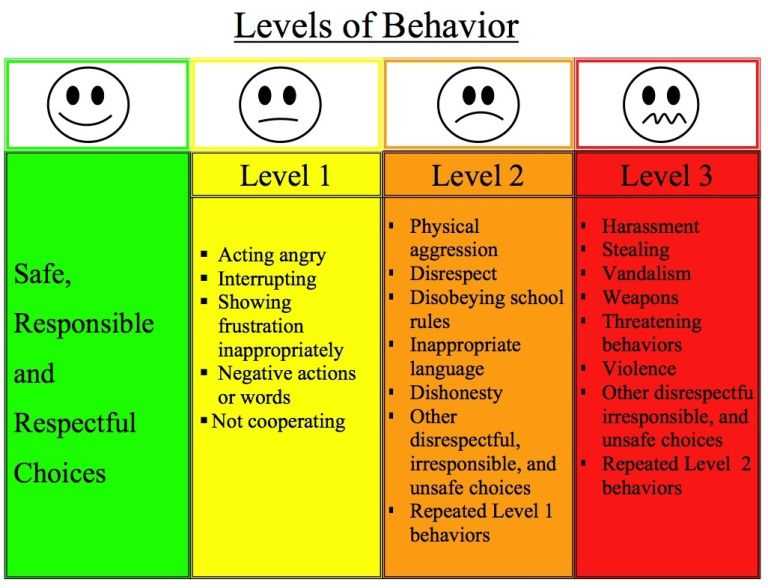
Additionally, consider offering students the opportunity to earn certain privileges, suggests WeAreTeachers, rather than “taking those privileges away as punishment.” For example, give kids the opportunity to earn rewards—like a bit of iPad time or lunch with a teacher.
3. Find Out What’s Going On: Behaviors, notes Parrish, help students “obtain something desirable, or escape something undesirable.” She suggests thinking about behavior as feedback, or a way of communicating, an approach that’s “helped me work more effectively as a teacher with students who display problem behaviors.” Figuring out factors that contribute to students with ODD acting out can help you develop a plan for addressing their difficult behaviors in the classroom.
Sometimes, it’s a matter of picking up on a student’s signals that their emotions are building long before things reach a breaking point. When students who’ve experienced trauma are beginning to feel upset, they often show physical signs of their mounting distress: balling up fists, withdrawing from classroom interaction, or clenching their jaw, writes Micere Keels, an associate professor at the University of Chicago and a trauma-informed educator.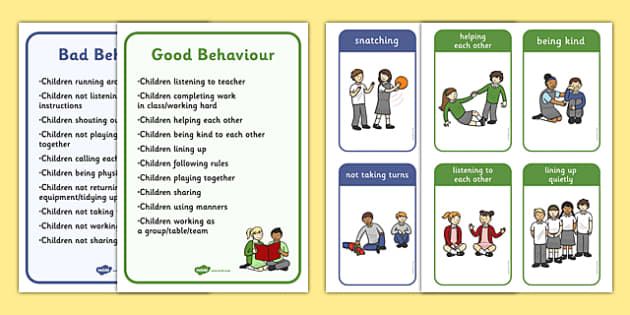
“Many educators tend to ignore students’ increasing signs of agitation, hoping they’ll eventually calm down. But when disregarded, these minor behaviors can quickly escalate,” writes Keels, who also recommends identifying students’ triggers, like touch or emotionally difficult anniversaries, to avoid situations entirely.
4. Create a Safe Reset Space: Kids with ODD “can learn to recognize when they’re feeling overwhelmed and getting ready to challenge or defy,” according to WeAreTeachers. “Giving them a safe space to calm down and rethink their choices can be beneficial.”
At Fall-Hamilton Elementary, a trauma-informed school in Nashville, Tennessee, for example, every classroom has a nook—called a peace corner—with a comfortable seat, a timer, and items like stuffed animals, sensory squeeze toys, and simple drawing and writing supplies. It’s a spot where kids can take a break and reset. The school also recognizes that teachers may need a time out too. Using a strategy called Tap-in/Tap-Out, teachers can ask a colleague via text message to briefly cover their class if they are about to lose their cool.
Using a strategy called Tap-in/Tap-Out, teachers can ask a colleague via text message to briefly cover their class if they are about to lose their cool.
"A dysregulated adult cannot regulate a dysregulated child,” says school principal Mathew Portell. “Use strategies that honor the student’s emotions and need for space while also getting their systems to calm in a safe way.”
5. Offer Choices: It’s important to “affirm your students’ autonomy by giving them choices,” writes Keels, about best practices for de-escalation. When kids feel respected, “their sense of belonging and mood will often improve.”
She recommends avoiding ultimatums like “You better sit back down or I’ll send you to the office.” Instead, clearly communicate expectations and limits so kids understand. You might say, “I see you’re upset, but it’s not OK to yell at me. You can either go get a drink of water and come back in five minutes, or sit in the reading chair and I will check in with you in five minutes,” says Keels.
In the heat of the moment, it’s important to avoid an argument, teacher Holli A. tells WeAreTeachers. “State your choices, then walk away,” she says. “Give the student time to process and decide which choice to make. If they don’t like the choices, don’t engage. When they try to argue, repeat the choices, and walk away again. If the student still will not choose, they do not get to participate in their preferred activity.”
6. Build Connections: Often, kids with ODD “are looking for a relationship with a teacher who can help them deal with problems on their own, instead of making them stand out in a negative way,” according to WeAreTeachers. “Building a connection with them will help get to the root of the behavior.”
Though teachers can feel the need to create boundaries with students, simply talking with them informally can build invaluable connections that influence their behavior in the classroom, says middle school math teacher Cicely Woodard.
Woodard says she intentionally makes herself approachable to students and tries to learn interesting details about them. “Some of my students tell me stories about their lives during the five minutes between classes,” Woodard says. “I stop what I am doing, look them in the eyes, and listen.”
How to Discipline a Child with Oppositional Defiant Disorder: ODD Help
1 of 12
Oppositional Defiant Disorder (ODD) in Children
Every parent of a child with attention deficit hyperactivity disorder (ADHD or ADD) knows what it’s like to troubleshoot behavior problems — your child saying no to requests or blurting out disrespectful retorts.
Children with ADHD and oppositional defiant disorder (ODD) take defiant behavior to the extreme. They have a pattern of angry, violent, and disruptive behaviors toward parents, caretakers, and other authority figures. These children require smart, specific oppositional defiant disorder strategies — and more than their fair share of patience.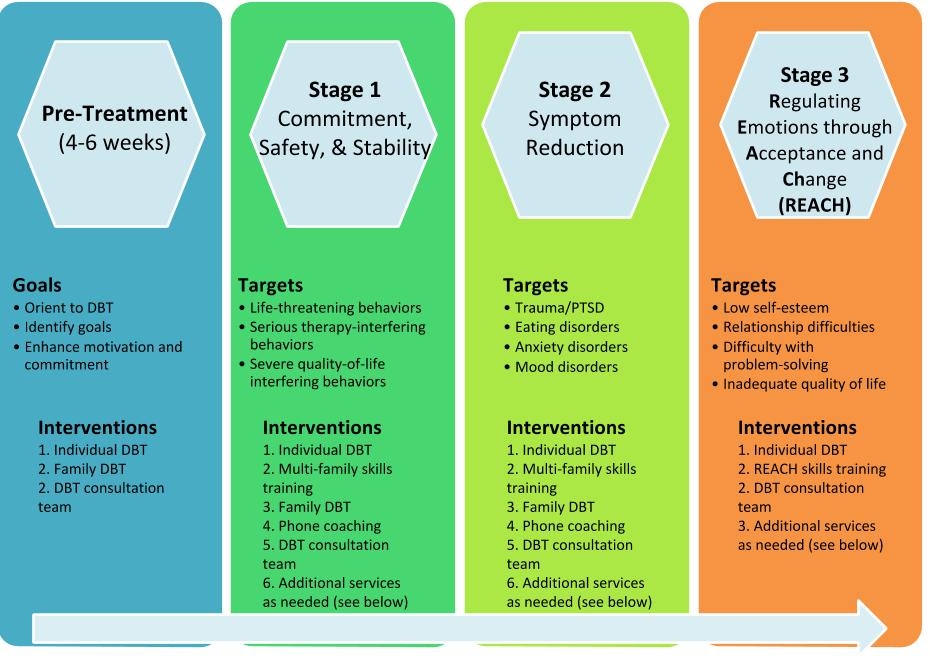
“Choose your battles carefully, and find humor in every situation.” -Robin, Colorado
2 of 12
ODD and ADHD: Stats and Facts
Forty percent of children with ADHD also develop ODD. Before puberty, ODD is more common in boys; after puberty, it is equally common in both genders. About half of all preschoolers diagnosed with ODD outgrow the problem by age eight. Older kids with ODD are less likely to outgrow it. Oppositional defiant disorder may persist into adulthood.
"It is imperative to believe in yourself and to see your child as an asset to the world.” -Ruth Ann, Ohio
Parent Discipline to Deal with a child with ADHD and ODD3 of 12
ODD and ADHD: The Links
A child’s oppositional behaviors aren’t intentional. Experts think that ODD is linked to intense impulsivity. Not being able to control impulses, combined with the stress and frustration of trying to get on top of ADHD symptoms every day, lead some children to lash out, physically and verbally.
[Symptom Test: Oppositional Defiant Disorder in Children]
A child with ODD and ADHD will need specialized attention and a smart strategy to parent.4 of 12
How to Diagnose a Child with Oppositional Defiant Disorder
Every child will act out and test his boundaries. It may be hard to know whether a child is normally defiant or has ODD. Consult a therapist trained in childhood behavioral problems. He should also screen for anxiety and mood disorders — each of which may cause oppositional behavior. Left untreated, ODD can evolve into conduct disorder, a more serious behavioral problem.
“Disengage when he is out of control, wait for the 'crazy' to stop, and re-approach.” -Cheryl, New Jersey
A sad child lies on the gravel of a school playground.5 of 12
How to Treat a Child with Oppositional Defiant Disorder
Treatment strategies for co-existing ODD and ADHD start with controlling ADHD symptoms. When a child’s hyperactivity, impulsiveness, and inattention are reduced, there is usually an improvement in ODD symptoms. Stimulant medications have been shown to decrease ADHD symptoms, as well as those of ODD, by up to 50 percent.
When a child’s hyperactivity, impulsiveness, and inattention are reduced, there is usually an improvement in ODD symptoms. Stimulant medications have been shown to decrease ADHD symptoms, as well as those of ODD, by up to 50 percent.
6 of 12
How to Discipline a Child with Oppositional Defiant Disorder
If a child with ODD doesn’t respond well to stimulants, some doctors prescribe the non-stimulant atomoxetine (brand name: Strattera). In one study, researchers found that the medication significantly reduced ODD and ADHD symptoms. However, higher doses of the medication were needed to control symptoms.
[Free Download: Why Is My Child So Defiant?]
Adult man screams at a child. Father is angry at his son. Silhouettes of parent and child. Education, punishment, suppression, abuse, growing up.7 of 12
Change a Child’s Behavior — by Changing Yours
The treatment of choice for ODD is parent management training.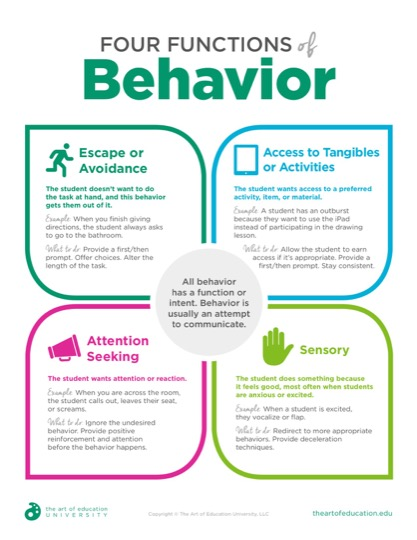 Parents are taught to change their reactions to a child’s behavior — good and bad. Training involves using carrots and sticks — giving well-defined rewards and praise when your child cooperates, and consequences for misbehavior. Therapists will also work with a parent and child together to solve specific challenges.
Parents are taught to change their reactions to a child’s behavior — good and bad. Training involves using carrots and sticks — giving well-defined rewards and praise when your child cooperates, and consequences for misbehavior. Therapists will also work with a parent and child together to solve specific challenges.
“I am strong-willed as well, so it has been a battle of the wills. But instead of trying to change my daughter, I changed myself. It wasn’t easy, but when she became defiant, I said to myself, “I will not buy a ticket to this show.” I ignored her, no matter how she tried to pull me in. She stopped almost immediately.” -Ramona, Florida
Get Everyone on the Same Page: Parent Discipline When Dealing with a Child with ODD and ADHD8 of 12
ODD Discipline in Three Steps
ODD experts find the following strategy effective for parents: Ask your child with ODD calmly to do something. If he doesn’t respond to you in two minutes, gently tell him, “I’m asking you a second time. Do you know what I’m asking you to do — and the consequences if you don’t? Please make a smart decision.”
Do you know what I’m asking you to do — and the consequences if you don’t? Please make a smart decision.”
If you have to ask a third time, he suffers the pre-arranged consequence — no TV or video games for an hour. Whatever it is, the consequence should fit the misbehavior for it to matter to your child.
“Including my teenage son in the conversation and allowing him to help formulate a plan gives him ownership of his behavior.” -Stephanie, New York
mother and boy with ADHD talking about his behavior, using the one-minute “think through” tool9 of 12
Get Everyone on the Same Page
For behavior therapy to work, all of the caring adults in the child's life should use the same discipline strategies that you do. Grandparents, teachers, nannies, and other adults who spend time alone with your child with oppositional defiant disorder must understand which carrots and sticks you use and, above all, use them consistently. If one of them gives into your child’s bad behavior, it can undermine your discipline program.
“Both parents need to support each other and be on the same page.” -An ADDitude Reader
Mindfulness also helps when dealing with angry outbursts. Children with ADHD or ODD can be rude, defiant, and sometimes downright obnoxious. How do parents keep their cool? Mindfulness teaches you that the only person you can control in any confrontation is yourself. If you regroup and focus on your breathing before you react, you’ll find yourself […]10 of 12
Do Not Take ODD Personally
It is difficult for a parent to remain calm when a child with ODD is verbally abusing her, but don’t overreact. Yelling or spanking may worsen a child’s oppositional behaviors. Stay calm and emotionally neutral amid your child’s defiance.
Oppositional kids have radar for adult hostility. If they pick up your anger, they’re going to match it. Figure out your coping strategy ahead of time so that you can remain calm when triggered by your child's behaviors.
11 of 12
Practice Positive Parenting
Helping parents learn to praise good behavior is one of the toughest challenges therapists face. Many parents are so focused on bad behavior that they stop reinforcing positive ones. A few tips for dealing with ODD in children:
- Specify the praiseworthy behavior
- Be enthusiastic while not overdoing it
- Finish up with a non-verbal gesture — a kiss on the cheek or a hug
12 of 12
Be Creative and Be Consistent
The more creatively you tailor your program of rewards and punishments to your child’s specific abilities and needs, the better. Her needs change as she grows. Creativity is important, but consistency is vital to success. Consistency in the way you treat your child — setting rules, conveying expectations — is the key to parenting a child with ODD.
Creativity is important, but consistency is vital to success. Consistency in the way you treat your child — setting rules, conveying expectations — is the key to parenting a child with ODD.
[Read This Now: Facts About Oppositional Defiant Disorder and ADHD]
Secret technologies of human control
John Rockefeller argued that the ability to properly interact with people is a commodity that can be bought like ordinary sugar or coffee. But such a skill is worth much more than anything else in the whole world.
If you want to succeed and learn how to manage people, then these words of a great American entrepreneur should become your life credo. A person can grow only in close interaction with society. From childhood, each of us masters the basic patterns of behavior and worldview, obtained through a long path of historical, biological and mental development of mankind. nine0003
In order to have influence and control another person, it is not enough to know his personal and behavioral characteristics. The most important thing is to learn how to use this knowledge, master special methods and techniques for influencing and controlling the behavior of another, based on his worldview, character, personality type and other important psychological characteristics.
The most important thing is to learn how to use this knowledge, master special methods and techniques for influencing and controlling the behavior of another, based on his worldview, character, personality type and other important psychological characteristics.
If you want to learn how to manage people, the secret technologies from this article will open you not only the theoretical side of the issue, but also allow you to use this knowledge in real life. nine0003
To help people look beyond consciousness, professionals use various methods and techniques. One of the most effective of them is hypnosis. This is a method of direct influence on the psyche, the essence of which is to introduce a person into a narrowed state of consciousness, in which he is easily amenable to someone else's suggestion and control.
It is unprofessional and even illegal to use hypnosis for this purpose. Therefore, psychologists use hypnosis solely for the purpose of "pulling out" from the unconscious sphere of the psyche those repressed thoughts and experiences that interfere with a productive life and are the foundation of many problems and conflicts.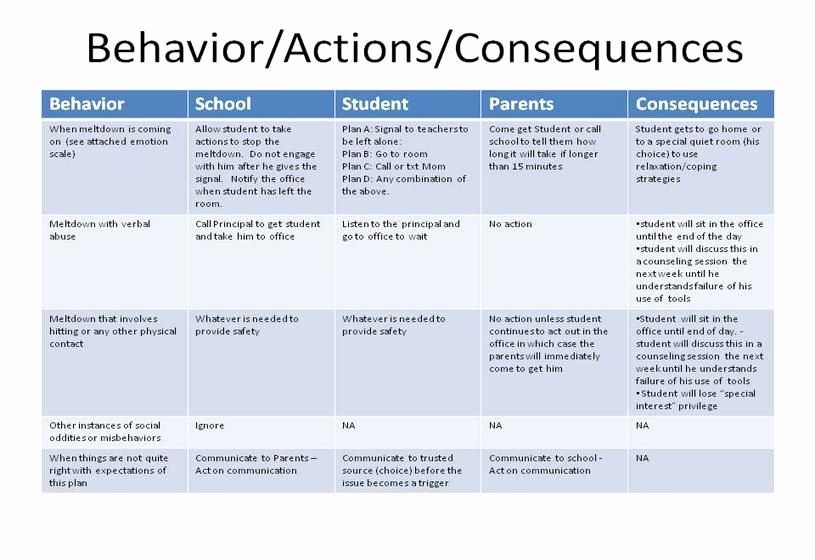 nine0003
nine0003
The ability to manage people, first of all, lies in the use of knowledge of human psychology, his personal characteristics. They help you change your own behavior in such a way that this change will elicit the reaction you want from the other. Try to be more observant in communication, this will help you get to know the individual psychological characteristics of the interlocutor better. Based on this knowledge, try to use the following methods and techniques that will help you manage people correctly and effectively: nine0003
The essence of this people management technique is to ask a person for much more than you really need. Or just ask him to do something weird. Of course he will refuse. After a while, you can confidently ask for what you really need. The psychology of managing people in this case is that a person will feel uncomfortable and will no longer be able to refuse you, moreover, the second request, in comparison with the previous one, will look insignificant in his eyes.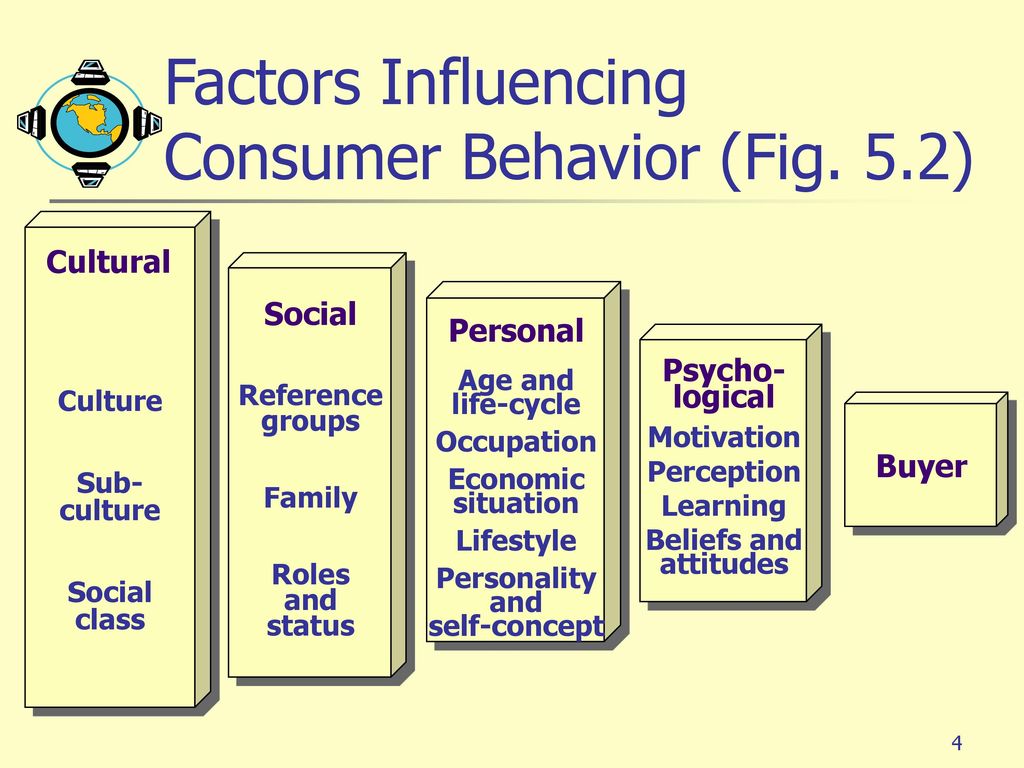 nine0003
nine0003
This is advice from famed psychologist Dale Carnegie, who argued that referring to other people by their first names confirms their personal importance. For each of us, our name is the most pleasant combination of sounds, it is a real confirmation of the fact of our existence.
By calling others by their first names, thus confirming their importance, you will receive favor and respect in return. The same is true with titles, ranks and social roles. For example, if you call a person your friend, then soon he will really feel friendly feelings for you. nine0003
At first glance, everything is very simple, you just need to arouse someone else's sympathy with compliments and pleasant remarks. But be careful, because noticing insincerity, you will cause very strong negative emotions of the interlocutor. You always need to know in relation to whom and in what situation such methods should be used. If you flatter a demonstrative person with inflated self-esteem, then expect a positive reaction.
The psychology of management here is that each of us feels comfortable in a state of cognitive balance, when external influence confirms his own thoughts and feelings. nine0003
The point is to copy human behavior to some extent. People like people who look like them more. Interestingly, if recently someone "reflected" a person, then for some time it will be much more pleasant for him to interact with other people, with those who did not take part in the previous conversation. The psychology of management in this case is the same as in the case of addressing by name.
If you ask a person for an important request at a time when he feels tired, then he will most likely refuse to fulfill it. But if you emphasize its importance, then the next day it will be difficult for him to refuse you a second time, and he will fulfill the request. nine0003
The fact is that the failure to fulfill a promise causes psychological discomfort in people.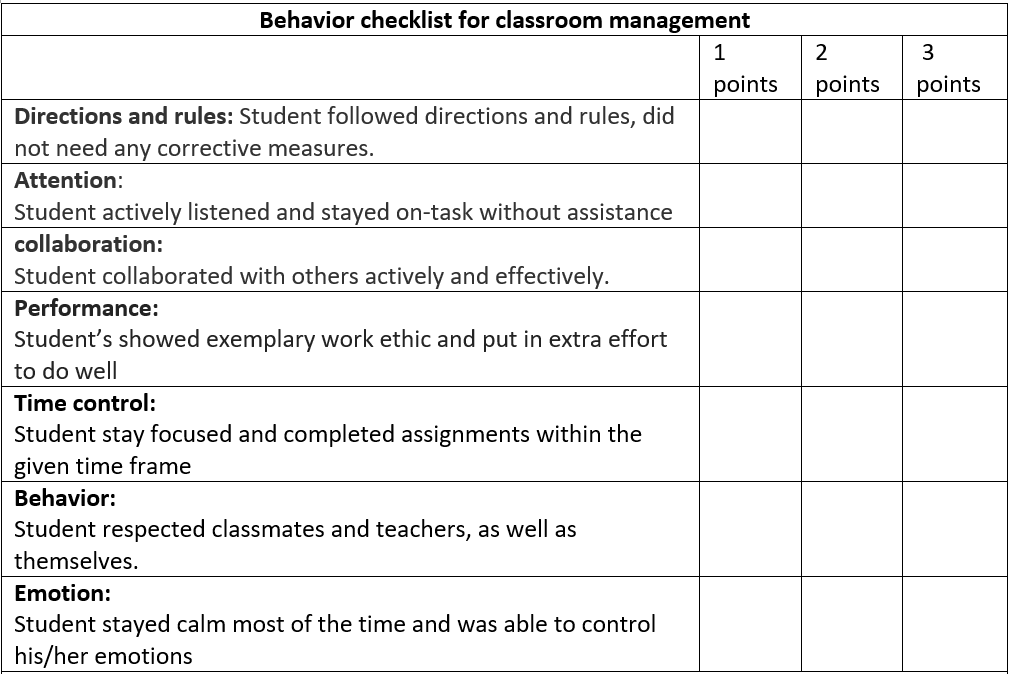
Ask the person for something small, something that will not be difficult for him to do at all. After that, ask to do something more difficult. The effect of such a request is that the person imperceptibly gets used to the gradual increase in complexity.
Be careful, do not ask to do everything at once, there should be quite large pauses between requests. Otherwise, people will regard your attitude as arrogance. nine0003
This is the ability to find compromises and be sensitive to the emotions of a person, respect his personal opinion. If you do not agree with the position of the interlocutor, you do not need to immediately express your protest and put forward counterarguments. You have to learn to listen carefully.
After his monologue, agree that his opinion is valuable to you and only then express your vision. In this way, he will feel his importance and try to listen to you, even if he does not share your opinion. nine0003
This technique is an important tool for establishing a trusting contact between people.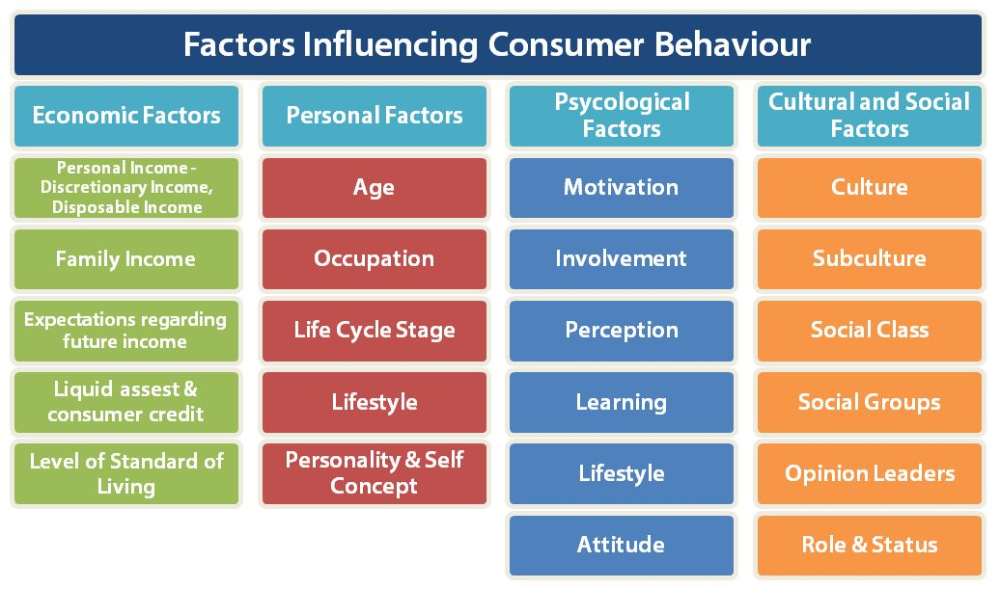 Its essence lies in the fact that during a conversation you should sometimes pronounce the general meaning of the words and feelings of your interlocutor, only in your own words. This will help the other person to better understand themselves, as well as form an image of you as an understanding and sympathetic friend.
Its essence lies in the fact that during a conversation you should sometimes pronounce the general meaning of the words and feelings of your interlocutor, only in your own words. This will help the other person to better understand themselves, as well as form an image of you as an understanding and sympathetic friend.
It is especially easy to manipulate others with strong-willed and powerful people. Usually charismatic individuals are difficult to refuse, so they have more influence on others. nine0003
Now you know how to manage people, secret technologies in this case are the secrets of the human psyche. As you can see, such methods of interaction with other people can become the tool that will help form in the mind of the interlocutor a positive image of your own and your "I".
Obviously, it is not at all necessary to use hypnosis in order to learn how to influence a person and direct his behavior in the direction that is beneficial to you.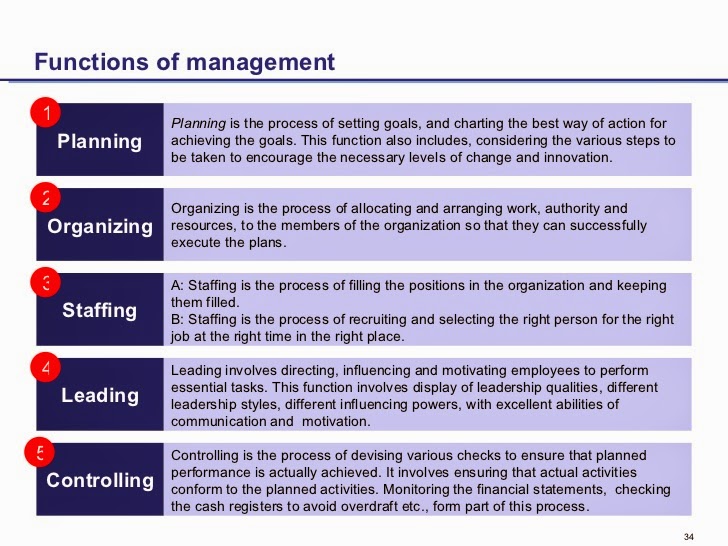 At the same time, a person does not receive negative emotions and does not feel used. nine0003
At the same time, a person does not receive negative emotions and does not feel used. nine0003
The world of smells and the control of human behavior
It is generally accepted that the sense of smell in the life of a modern person plays a much smaller role than, for example, sight or hearing. Like, in this we differ from animals, for which smell is the main regulator of both sexual behavior and behavior in general. But we are all children of nature. Therefore, the fact that the world of smells is often underestimated in terms of controlling our behavior can be considered strange. For example, it has long been established that the olfactory impulse reaches the brain much faster than the pain impulse. Women to whom other people's babies are brought in the maternity hospital determine the substitution by smell. Similarly, newborns, without seeing or hearing the mother, distinguish her from any other person by smell. nine0017
Smell plays a huge role in the sexual sphere. This is proved by the fact that, upon reaching puberty, there are distinct changes in preferred odors. Until puberty, sweet and fruity scents are more desirable. And with the onset of puberty, there is a shift towards floral, oily and musky scents. This is true for both sexes. The fact is that pheromones smell like this - odorous substances secreted by a person that cause sexual arousal in an individual of the opposite sex. And in order to feel the smell of these substances, it is quite enough for us to have only a few molecules of these substances in one cubic meter of air! The results of some experiments indicate that a man can "smell" a woman during menstruation or in a state of sexual arousal at a distance of up to two kilometers. Recognition occurs unconsciously, on a reflective level. This explains the almost unbelievable cases when a man and a woman, thrown by the will of circumstances into a deserted desert, unmistakably “came out” at each other. nine0003
Unfortunately, a person brought up in the European rational tradition very often does not attach importance to the role of smells in people's behavior. We know how some flowers and fruits smell. We can also pay attention to the fragrance of the beloved woman's perfume, which causes erotic fantasies in us. And, of course, a sharp unpleasant smell makes us wrinkle our nose in disgust and quickly move away from its source. This is usually where our attention to smells ends. And in vain.
Due to such childish naivety, sometimes we do not notice at all the whole sphere of techniques, which is a means of manipulating our behavior. Behind the screen of this naivete, special studies have long been conducted. Today, powerful industries are developed - perfumery and cosmetics, tobacco products, drinks. In them, smell plays a key role - it is responsible for the formation of the notorious “purchase impulse”. nine0003
In the West, designers literally design the smells of restaurants, hotels, airports, shopping districts. For what? In the human brain, the areas responsible for the perception of smells are closely related to the areas responsible for the emergence of emotions.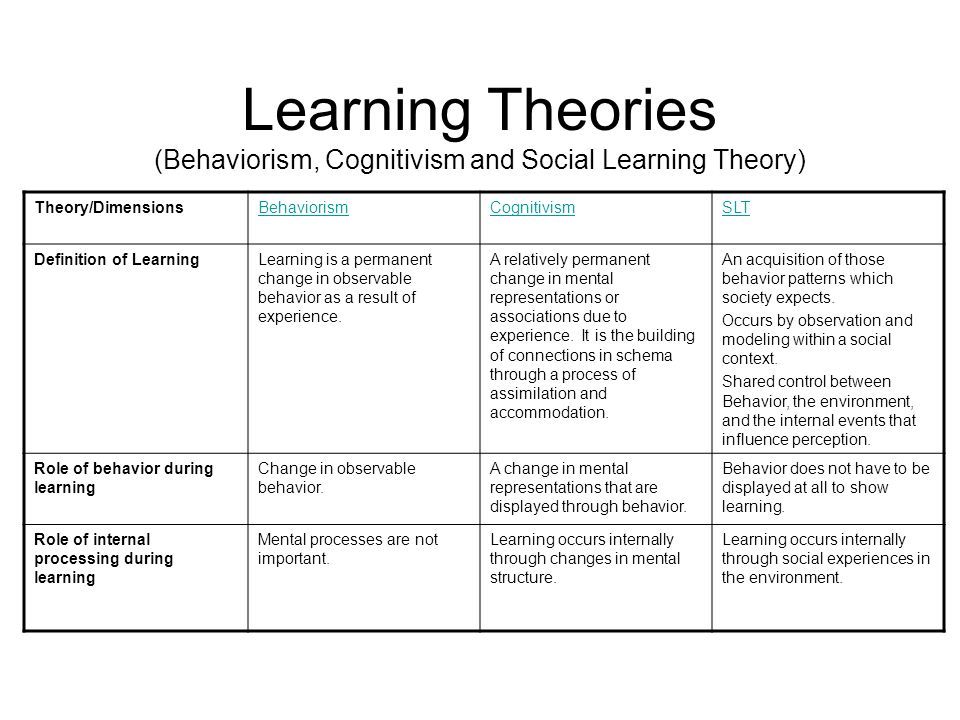 Certain fragrances have the ability to evoke specific emotions beyond our awareness. Therefore, by using smells to influence people, we hit a weak spot in their psyche. Figuratively speaking, the smell is the ever-open gates of the soul, which are not amenable to logical control. By learning to open these gates, transnational corporations reap huge profits. nine0003
Certain fragrances have the ability to evoke specific emotions beyond our awareness. Therefore, by using smells to influence people, we hit a weak spot in their psyche. Figuratively speaking, the smell is the ever-open gates of the soul, which are not amenable to logical control. By learning to open these gates, transnational corporations reap huge profits. nine0003
American psychiatrist A. Hirsch became a pioneer in the study of odors in modern psychology. He established that certain smells cause specific actions and behavior of a person. He started with a simple but very profitable business. He distributed the specially formulated essence to the retail sections of stores and found that there was a sharp increase in sales of goods compared to the "unpollinated" sections. Then he recruited 3,000 overweight volunteers and made them lose an average of 12.7 kg in six months. Everything was very simple - as soon as people felt hungry, Hirsch allowed them to eat, but at the same time offered to smell a special flavor.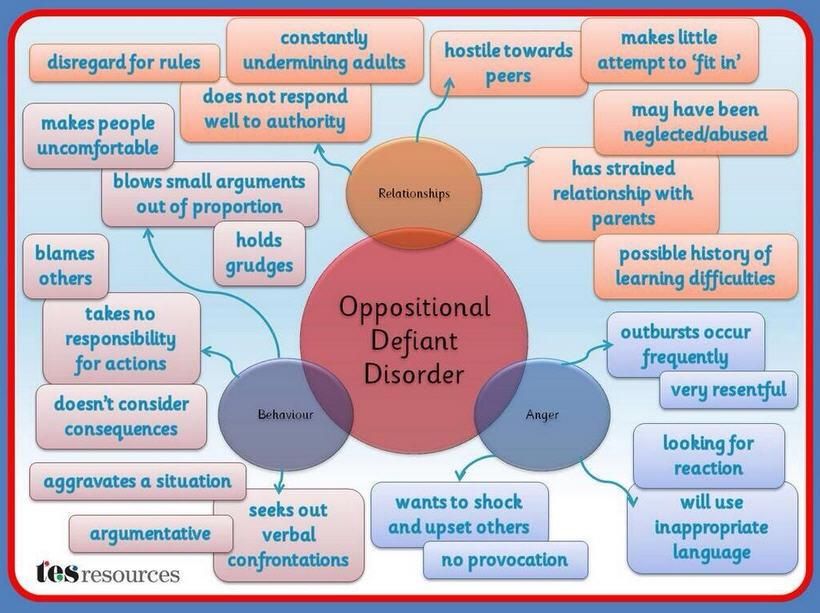 The more often the subjects sniffed it, the more weight they lost. Some lost weight so intensely that they had to be withdrawn from the experiment. nine0003
The more often the subjects sniffed it, the more weight they lost. Some lost weight so intensely that they had to be withdrawn from the experiment. nine0003
Hirsch also found that odors affect productivity. With the help of smells, he learned to raise or lower blood pressure, slow down or speed up the heartbeat, excite or vice versa - to put a person to sleep. It was found that some aromas relieve depression in patients, improve their mood.
More recently, clinical experiments have shown that lavender, chamomile, lemon and sandalwood scents depress brain activity faster than any depressant. And jasmine, rose, mint and cloves excite gray matter cells more powerfully than strong coffee. Today, this discovery is widely used, for example, by Japanese firms. At certain hours, strictly adjusted combinations of aromatic substances are pumped into the office premises through the air conditioning system. This allows you to increase staff productivity by 50% and reduce the number of errors by an average of 20%.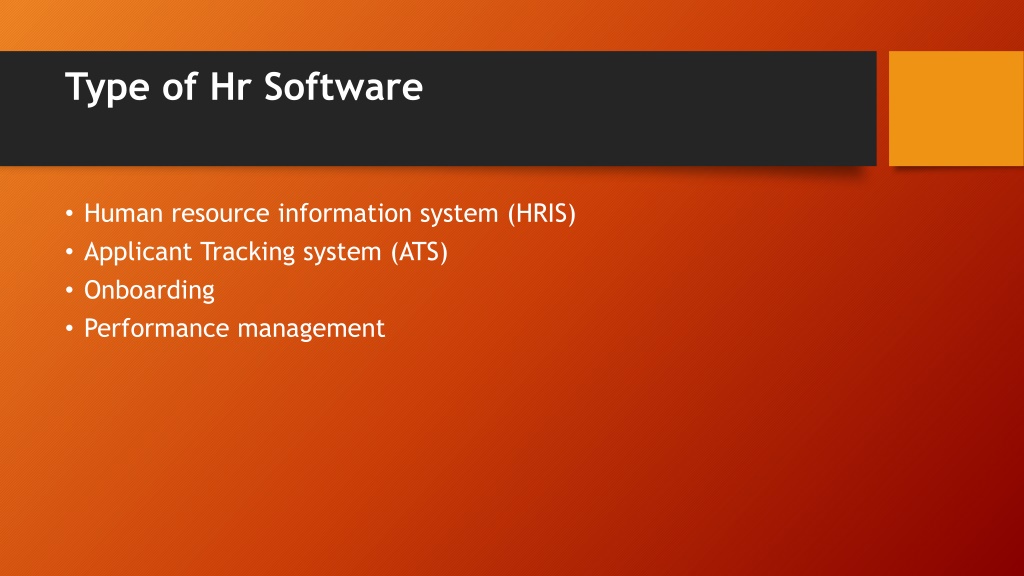 Creative processes, in particular, are well stimulated by the smell of Japanese cherries. nine0003
Creative processes, in particular, are well stimulated by the smell of Japanese cherries. nine0003
Modern business offers people of all social groups and all subcultures the richest "ration" of smells. We will not dwell on cleaning products and detergents “with an amazing fresh smell of lemon or pine needles” - this is trite. Today, optimal smells have been developed for stores selling retail goods. For grocery stores, a fresh smell, such as cucumber or watermelon, gives the greatest effect. In clothing stores, smells of vanilla, lavender, basil, mint and lemon help increase sales. In leather goods stores - the smell of leather, especially if the assortment includes products from its substitutes. Now even special perfumes have been invented that are offered to sellers for spraying in car interiors. This creates a fragrance that is designed to enhance the buyer's confidence in a particular brand of car. Thanks to the aromatization of the air, it is possible to increase the sales volume of the store by 10-15%.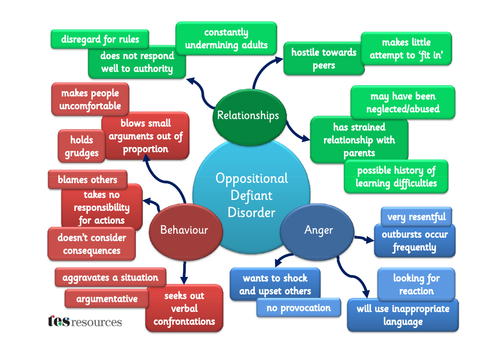 nine0003
nine0003
Business negotiations are another area of application for modern fragrances. Often, before the start of the meeting, special smells are sprayed into the room that make business partners feel relaxed and complacency, thereby weakening their vigilance. It is known, for example, that the smell of certain varieties of rose provokes compliance and compliance, the smell of a pear stimulates appetite, the smell of citrus disperses attention, and the smell of lemon causes aggressiveness.
Smells are widely exploited not only in business, but also in politics. The fact is that not only direct aromas, but simply words about smell have a very strong effect on the imagination. Under the influence of words, a person, as it were, feels this or that smell. Therefore, the language of politicians and journalists is always full of relevant metaphors: “the smell of fried”, “the smell of treason” ... One of the strongest metaphors that knocks common sense for a long time is “the smell of blood”.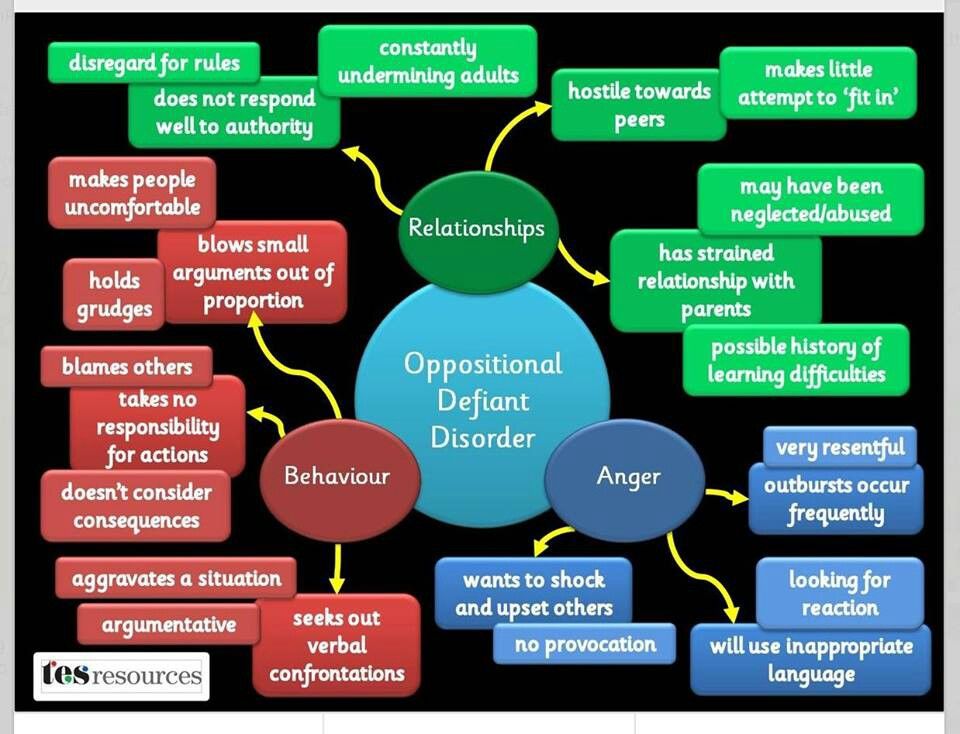 By launching it into the mass consciousness, one can easily evoke the appropriate moods in society. To use this metaphor, it is not uncommon for politicians and the military to actually put on a bloody little spectacle by sacrificing a number of lives in order to cause psychological shock to the citizens. nine0003
By launching it into the mass consciousness, one can easily evoke the appropriate moods in society. To use this metaphor, it is not uncommon for politicians and the military to actually put on a bloody little spectacle by sacrificing a number of lives in order to cause psychological shock to the citizens. nine0003
It should be noted that the specificity of a particular culture is always superimposed on the reflexes of smell perception common to all people. So, a European can be excited by the smell of church incense, it will create a special spiritual mood in him. But this smell does not say anything to the Indian Buddhist, who is dominated by the incomprehensible and strange aromas of Asian incense for a European. In people of different cultures, the same smell can cause different associations.
The following case is indicative. In the second half of 19In the 1980s, Western manufacturers of cleaning products and detergents began to actively penetrate the Soviet market: SC Johnson, Procter & Gamble and others. But suddenly, the monsters of the world chemical industry had a terrible bummer - even with the eternal love for everything foreign, Soviet people were extremely bad at buying Western bleaching liquids and washing powders. Which was very strange, since the products of transnational corporations were far superior in quality to the products of the “socialist national economy”. nine0003
But suddenly, the monsters of the world chemical industry had a terrible bummer - even with the eternal love for everything foreign, Soviet people were extremely bad at buying Western bleaching liquids and washing powders. Which was very strange, since the products of transnational corporations were far superior in quality to the products of the “socialist national economy”. nine0003
To find out why, companies have spent enormous amounts of money on marketing research. The psychology of Soviet buyers was studied, cross-cultural studies of the preferences of Western and Soviet housewives were made, dozens of opinion polls were conducted, thousands of questionnaires were filled out ... All was in vain. Some "wise men" have reached the point that among the possible reasons they called ... the innate patriotism of the Soviet people.
The answer, as usual, was found quite by accident. The answer turned out to be a complete surprise for foreigners spoiled by everyday amenities. Our housewives lacked foreign products for washing windows and cleaning toilet bowls .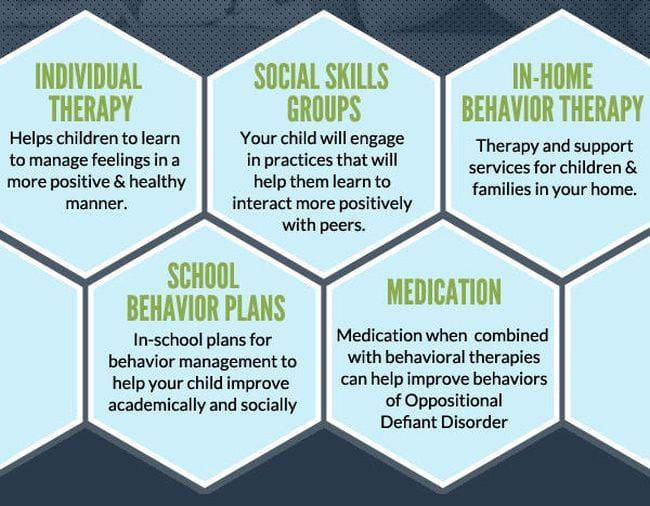 .. the striking smell of bleach, with which the products of Soviet chemical plants were habitually associated. Therefore, foreign liquids with a pleasant smell of needles, apples or lemons did not inspire any confidence. They were perceived as "fake". “Since it doesn’t smell of bleach a mile away and your eyes don’t water, it means that the remedy cannot be effective, it’s a fake,” - approximately such a stereotype existed among our customers. The smell of chlorine was strongly associated with "reliability" and good cleaning properties. nine0003
.. the striking smell of bleach, with which the products of Soviet chemical plants were habitually associated. Therefore, foreign liquids with a pleasant smell of needles, apples or lemons did not inspire any confidence. They were perceived as "fake". “Since it doesn’t smell of bleach a mile away and your eyes don’t water, it means that the remedy cannot be effective, it’s a fake,” - approximately such a stereotype existed among our customers. The smell of chlorine was strongly associated with "reliability" and good cleaning properties. nine0003
Especially for the USSR, Western companies urgently developed special additives that gave their products such a “flavor” familiar to Soviet people. During the year, sales increased by 5-7 times. The market has been conquered. Gradually, we got used to buying products from Johnson or P&G, so the need for additional expenses for “chlorination” disappeared by itself. In addition, after the collapse of the USSR, nothing could stop the advertising brainwashing.